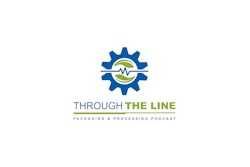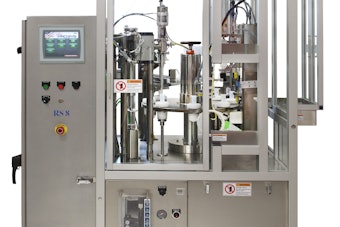
Reuters reports that on Nov. 18, 2013, the U.S. Senate approved the Drug Quality and Security Act (H.R. 3204), which will create a national set of standards to track pharmaceuticals through the distribution chain to help thwart the introduction of fake medications into the drug supply. DQSA will also give the U.S. Food and Drug Administration greater authority to regulate companies that compound sterile drugs and ship them across state lines.
The bill was passed earlier by the House of Representatives and is expected to be signed into law by President Barack Obama within days. Once that occurs, current state and federal serialization and pedigree laws would be preempted, eliminating the patchwork of U.S. drug pedigree laws.
The bill will create national standards to track and trace drugs amid growing concerns over counterfeit drugs. Last year, fake vials of Roche Holding AG's cancer drug Avastin appeared in the U.S. from Britain, where it was purchased from a Turkish wholesaler.
In the U.S., dozens of states have some type of regulation designed to track a drug's pedigree, says the Reuters report, but the rules are inconsistent. This bill is designed to resolve the current patchwork of federal regulation by applying a uniform standard nationwide.
Compounding
Reuters notes that traditionally, pharmacists that compound medications mix tailored doses for individual patients in response to a specific prescription. Over the last decade the practice has mushroomed, with some pharmacies selling thousands of doses of regularly used mixtures without prescriptions for physicians to keep for future use.
The legislation draws a distinction between traditional compounding pharmacies, which will continue to be regulated by state boards of pharmacy, and large-scale compounding pharmacies such as the New England Compounding Center in Framingham, MA, which was at the heart of the recent meningitis outbreak.
These larger organizations, to be known as "outsourcing facilities," will be regulated by the FDA, but be exempt from the full spectrum of regulations that apply to traditional pharmaceutical companies.
HDMA responds
John M. Gray, President & CEO of the Healthcare Distribution Management Assn., commented on the bill’s passage in the U.S. Senate:
“Today the U.S. Senate passed the Drug Quality and Security Act (H.R. 3204). We expect it will be quickly signed into law by the president. This is the culmination of nearly 10 years of effort by HDMA members to preempt all state laws relating to drug pedigrees and track-and-trace systems, to further enhance the security and safety of our nation’s drug supply chain. Since 2004, HDMA has spearheaded industry efforts to preempt multiple and conflicting state laws related to pedigree and the traceability of drugs. It has taken tremendous patience and conviction on our members’ behalf to convince all of our trading partners that a federal uniform system for drug traceability was in the best interests of both patients and our industry. You are all to be congratulated for your efforts in seeing this law passed.
“As I have said on many occasions, the federal preemption of state laws is one of the most historically difficult legislative efforts to accomplish. We have succeeded in creating certainty and consistency in our supply chain with passage of this historic law. I suspect that passage of this legislation is one of the most significant accomplishments of HDMA dating back to our founding in 1876. Very rarely does an industry get to celebrate a legislative victory that so directly impacts our business.
“Again, I congratulate all of you and your staffs and thank you for your years of support and guidance to HDMA that enabled us to see uniform national traceability become the law of our land.”





















